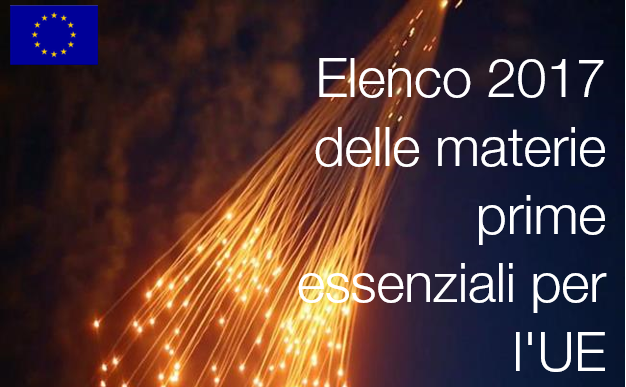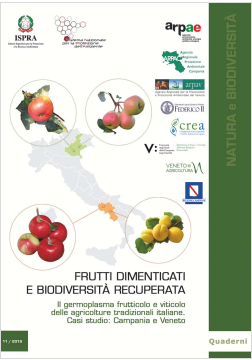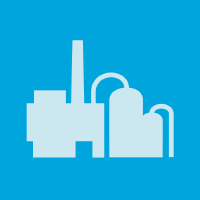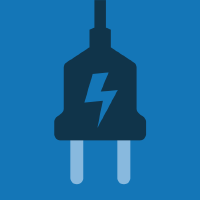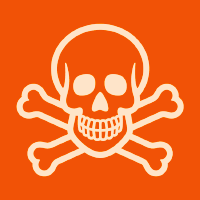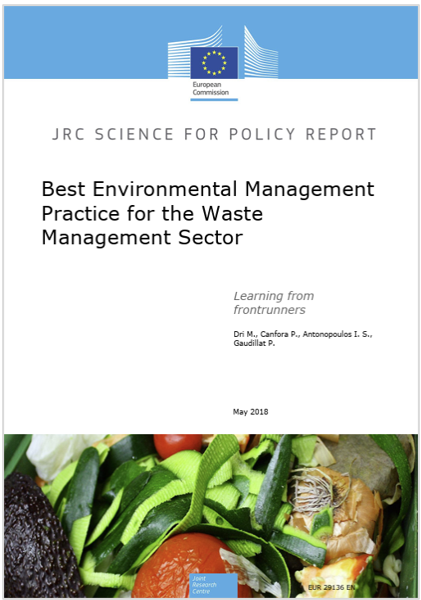
Best Environmental Management Practice for the Waste Management Sector - EMAS
ID 24522 | 03.09.2025 / Attached
The management of waste at local level plays a key role in the ability of communities to use resources efficiently and make progress towards achieving a more circular economy.
Many waste authorities and waste management companies are interested in improving their waste management performance, for instance by promoting waste prevention and reaching higher levels of reuse and recycling.
This report describes best practices (called best environmental management practices (BEMPs)) that can provide them with inspiration and practical tips based on actions and techniques that have been implemented by frontrunner organisations and proven successful.
BEMPs were identified by the European Commission's Joint Research Centre, in close cooperation with a technical working group of experts and stakeholders from the waste management sector.
This document addresses two types of organisations:
- waste management companies (public and private), including companies implementing producer responsibility schemes, and
- waste authorities (public administrations in charge of waste management, mainly at local level).
It does not cover the activities of organisations that generate waste and do not belong to the waste management sector (i.e. most organisations). It describes best practices for the waste management phases and activities with the greatest circular economy potential:
- establishing a waste management strategy;
- fostering waste prevention;
- promoting the reuse of products and preparation of waste for reuse;
- waste treatment, limited to operations enabling material recycling. In the area of waste treatment, the scope is limited to waste treatment operations not covered in the Best Available Techniques Reference Document (BREF) for Waste Treatment and to facilities performing treatments outside the scope of the Industrial Emissions Directive 2010/75/EU (e.g. sorting facilities whose aim is to recycle plastics).
It deals with three waste streams:
- municipal solid waste (MSW): household waste and waste from other sources, such as retail, administration, education, health services, accommodation and food services, and other services and activities, which is similar in nature and composition to waste from households;
- construction and demolition waste (CDW);
- healthcare waste (HCW).
...
add
JRC May 2018
Collegati
Allegati
|
Descrizione |
Lingua |
Dimensioni |
Downloads |
 |
|
EN |
16492 kB |
11 |
